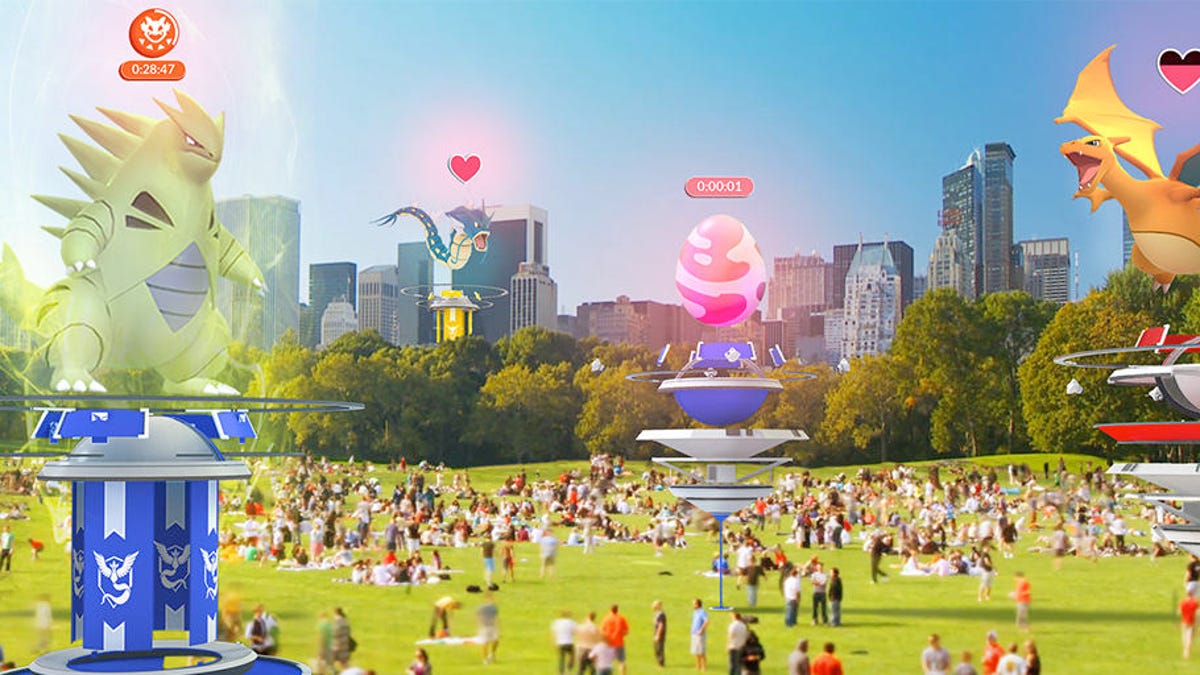Take that Milwaukee. Pokemon Go is protected free speech
Judge says augmented reality games are free speech and probably shouldn't require event permits.

Do you think the creators of Pokemon Go should have to fill out a 10-page event-permit application each time you want to play the augmented reality game in a public park?
Neither does a Wisconsin district judge, who just pressed pause on a local ordinance that singled out AR games for particularly tough treatment.
Some three months after Candy Lab, the creator of a Pokemon Go-like game sued Milwaukee County over the local law, US district Judge J.P. Stadtmueller gave the company, and by extension the makers of other AR games, a temporary win.
In an order Thursday, Stadtmueller ruled AR games constitute free speech and thus any law affecting them would have to be narrowly tailored so as not to unreasonably harm companies or citizens and avoid falling afoul of the First Amendment. The county had been trying to control the games after parks were allegedly trampled by Pokemon Go players last year.
Here's the ordinance:
Permits required for location-based augmented reality games. Virtual and location-based augmented reality games are not permitted in Milwaukee County parks except in those areas designated with a permit for such use by the director of the department of parks, recreation, and culture (DPRC). Permits shall be required before any company may introduce a location-based augmented reality game into the parks, effective January 1, 2017. The permitting application process is further described on DPRC's website for companies that create and promote such games. That process shall include an internal review by the DPRC to determine the appropriateness of the application based on site selection, protection of rare flora and fauna, personal safety, and the intensity of game activities on park lands. Game activity shall only occur during standard park hours, unless otherwise authorized by the DPRC director, who has the authority to designate special events and activities within the parks outside of the standard operational hours.
The permit application also requires a $250 deposit and for the event sponsor to have $1 million worth of general liability insurance.
As it stands, the judge believes the law may be unconstitutional. So Milwaukee is now unable to enforce it, at least until the relevant lawsuit -- again, by Candy Lab, not Pokemon Go creator Niantic -- reaches its conclusion.
Representatives for Milwaukee County, Candy Lab and Niantic didn't immediately respond to requests for comment.
You can read the judge's order below.

